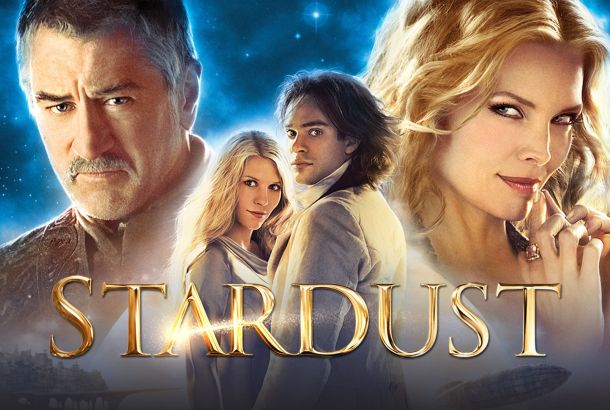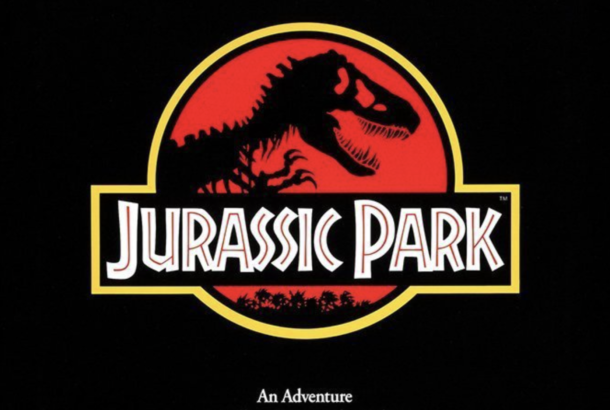The Moral Responsibility of Film
Last year’s Academy screenings saw the ‘ludes and lewdness of Martin Scorsese’s Wolf of Wall Street maligned by those perched on the high horse, with one screenwriter/moral crusader (who presumably wasn’t nominated) reportedly hounding Scorsese and Leo with a righteous “shame on you—disgusting!” It’s perfectly understandable why Wolf’s three hours of dwarf parading, coke sniffing and gleeful embezzling didn’t prove a PTA favourite, but the film’s problems lie in its bloat rather than belligerence.
Assuming for a second that art may have moral responsibility, viewers outraged by Wolf’s unabashed debauchery miss the point that portrayal of amorality is not the same as endorsement. Human beings are riddled with flaws far beyond our life lessons, and the most compelling works explore this without compromise. I refuse to accept there’s a soul alive dense enough to believe that Jonah Hill’s invitation to “smoke crack with me bro,” extends to the audience.
I know several people who were disappointed that “nothing bad happened” to Belfort in the end. But why should it? We’re conditioned to expect justice when absolute bastards massacre a wedding party or push Mufasa to his death, but comeuppance as an audience crutch quashes the possibilities of daring storytelling. Wolf’s refusal to pander to overly moralistic viewers by having Belfort ill-fittingly discover the power of charity or imprisoned for life is refreshing and authentic. After all, the real Jordan Belfort is making $30000 per motivational speech, and not sat at home retweeting ‘inspirational’ quotes about how money is the root of all evil.
Wolf’s lack of moral message might be disconcerting to some, but it stands as preferable to the offensive inoffensiveness of Hollywood sentimentality. Case in point: Forrest Gump, a glorification of stupidity where flirting with counterculture will give you AIDS, but all-American, unquestioning patriotism will shower you with rewards and even the willpower to break out of physical disability! All of this is wrapped up in the empty “life is like a box of chocolates” analogy, in case you don’t already have anaemia.
The argument that film should uphold moral responsibility constrains the depth of stories able to be told. It fails to account for the fact that it’s near impossible to challenge morally questionable issues without actually showing them and that the vast majority have no desire to sell their Trainspotting posters for skag and can distinguish between interesting fiction and acceptable real-world behaviour.







